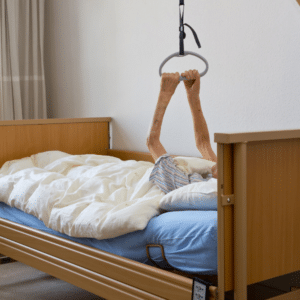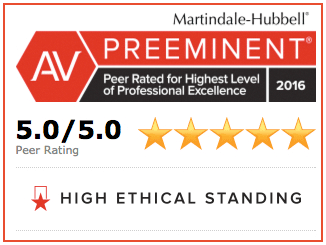How to Spot Malnutrition in Nursing Home Abuse Cases

Elder abuse is something which no senior citizen should have to face. The sad reality, however, is that millions of seniors are victims of elder abuse. According to reports, roughly two million people are victims of nursing home abuse each year. This represents roughly one-in-ten nursing home residents. The shocking truth is that it is believed most instances of nursing home abuse go unnoticed – meaning the figures are likely even higher. One of the most commonly discovered forms of elder abuse is malnutrition. Here’s how to spot malnutrition in nursing home abuse cases.
Nursing Home Abuse
Nursing home abuse isn’t always violent in nature. In fact, more often than not abuse takes the form of neglect rather than physical harm. Because of the dependent nature of many elderly patients at homes, neglect and isolation by staff can lead to a myriad of problems, with malnutrition and dehydration being the most prevalent.
Signs of Dehydration and Malnutrition in Nursing Homes
Dehydration
Dehydration is the excessive loss of body fluids. According to the American Medical Association (AMA), dehydration involves rapid weight loss, usually over three-percent of the body weight of the victim. In the elderly, dehydration is caused by a variety of factors, including the side effects of medication, a decrease in the intake of water or other fluids, or the inability of the kidneys to properly concentrate urine.
In nursing home abuse, the most common cause of dehydration is neglect and isolation. As many residents may be unable to get their drinks or voice concerns about their thirst, they are left to suffer at the hands of negligent and malevolent staff. The most common signs of dehydration are:
- Thirst
- Dry skin
- Dark urine
- Fatigue
- Weakness
- Flushed skin
- Dizziness
Malnutrition
Like dehydration, malnutrition is often the result of neglect and isolation. Just as many residents may not be able to get their own water, they may also lack the ability to get food, or adequately feed themselves. In some instances, improper servings may be provided, leading to a lack of essential nutrients and calories being consumed. Even where portion sizes may be adequate, dental problems may make it difficult for residents to chew or swallow, due to pain.
Beyond physical reasons for poor nutrition, a lack of staff also plays a critical role in malnutrition. Where staff is short, some patients may be neglected due to over-worked, tired employees.
Here are some of the warning signs of malnutrition in nursing home residents:
- Weight loss
- Fatigue
- Mental weakness or decline
- Organ failure
- Dry skin
- Confusion
- Dizziness
- Muscle Loss
Get Your Loved One the Help They Need
If you suspect your parent or loved one may be the victim of nursing home abuse, it is essential you contact an experienced nursing home abuse attorney right away. At Rosetti & DeVoto P.C., our knowledgeable team is expert in all facets of personal injury cases, including elder abuse and nursing home abuse. We work tirelessly for our clients and aggressively fight for their rights to get them the best result. If your loved one has been abused, give us a call today at 844-263-6260 to speak to a member of our experienced and knowledgeable legal team.










